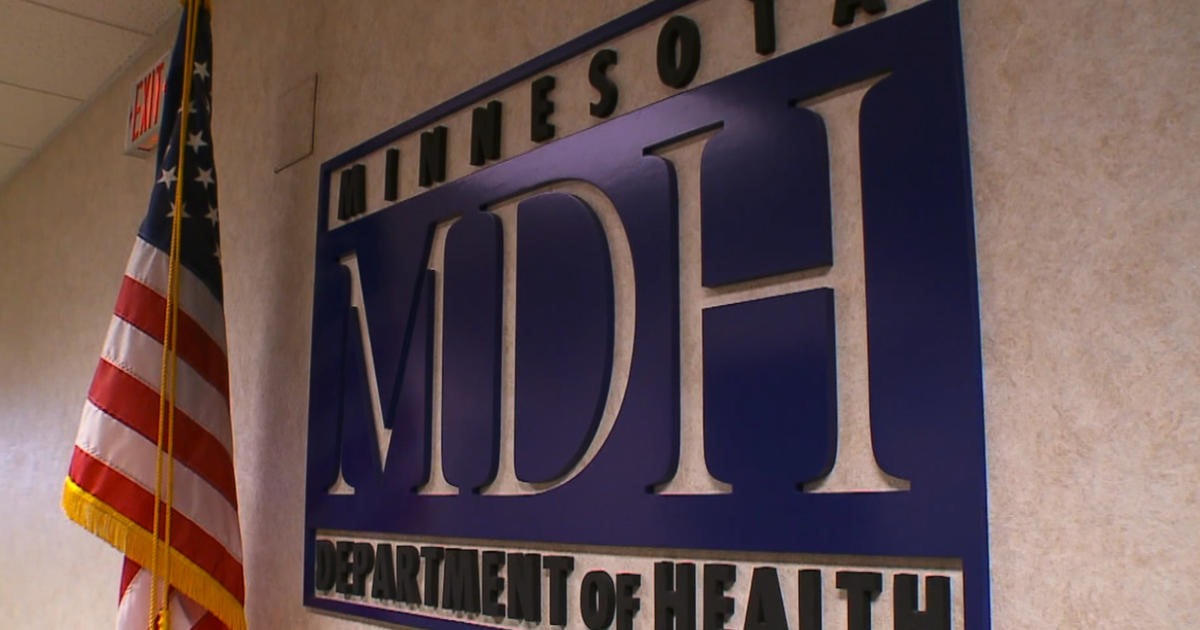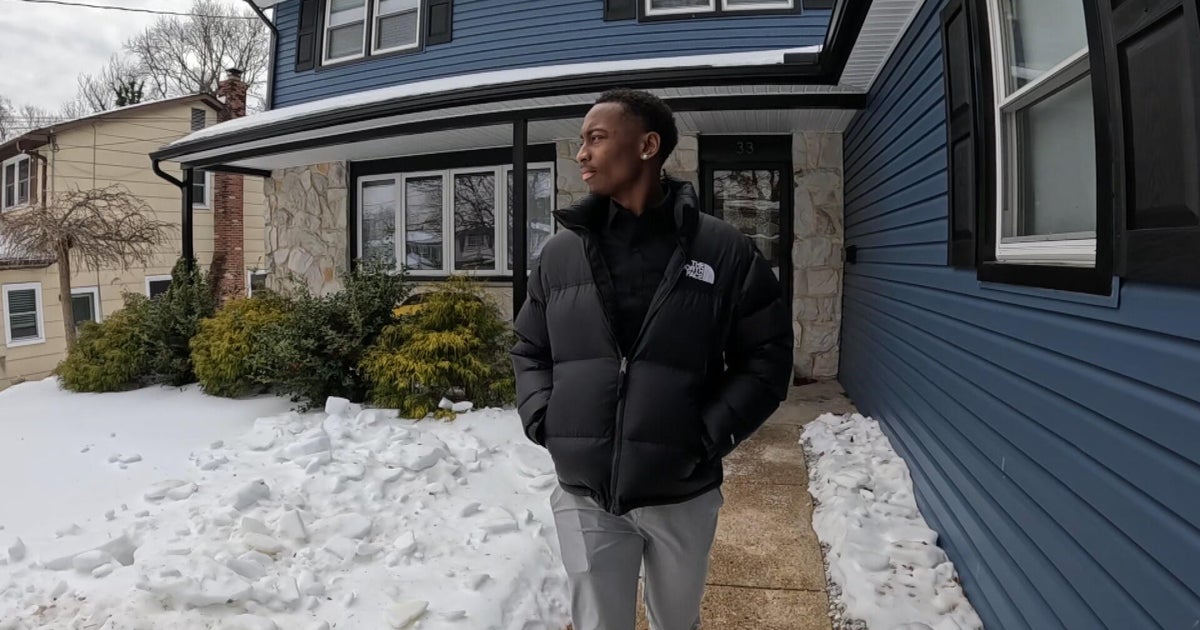As COVID-19 cases rise, these are the symptoms to look out for. They include diarrhea and nausea.
As the number of coronavirus cases continues to rise in many parts of the country, health officials say it's important to know what symptoms to look out for. Though COVID-19 has been commonly known as a respiratory illness, many patients experience a wide range of different symptoms.
Last month the U.S. Centers for Disease Control and Prevention added congestion, nausea and diarrhea to its list of potential COVID-19 symptoms.
"People with COVID-19 have had a wide range of symptoms reported — ranging from mild symptoms to severe illness," the CDC says on its website. "Symptoms may appear 2-14 days after exposure to the virus."
In April, when the CDC added six new symptoms to its list, a runny nose was thought to rarely occur in COVID-19 patients. Now, "congestion or a runny nose" is included among the symptoms. The CDC's list includes:
- Fever or chills
- Cough
- Shortness of breath or difficulty breathing
- Fatigue
- Muscle or body aches
- Headache
- New loss of taste or smell
- Sore throat
- Congestion or runny nose
- Nausea or vomiting
- Diarrhea
The CDC cautions that this list "does not include all possible symptoms," and will continue to be updated as more becomes known about COVID-19. It still recommends that people seek medical attention immediately if they develop any of these emergency warning signs:
- Trouble breathing
- Persistent pain or pressure in the chest
- New confusion
- Inability to wake or stay awake
- Bluish lips or face
The agency urges those who believe they are sick to stay home, except to seek medical care, and to separate themselves from others.
"Most people with COVID-19 have mild illness and can recover at home without medical care. Do not leave your home, except to get medical care. Do not visit public areas," the CDC says in its guidance on what to do if you are sick.
Older people and those with chronic health conditions like diabetes are at higher risk of severe illness, and the disease has also disproportionately affected black, Latino and Native American communities.
As of Wednesday, more than 2.3 million people in the United States have tested positive for COVID-19, according to data compiled by Johns Hopkins. The U.S. has the highest number of cases of any country in the world, accounting for a fifth of new infections globally. The next closest country, Brazil, has 1.1 million cases.
Half of all states are now averaging more new cases each day than they have in weeks. The unfortunate trend is now being bolstered by a surge of cases in the South and West.
Florida and Texas have set daily records for positive tests and the number of hospitalizations is climbing. Neither state's governor has issued statewide mandates requiring people to wear face masks in public.
The CDC says, "Everyone should wear a cloth face cover when they have to go out in public," especially in places where other social distancing measures are difficult to maintain. That's crucial because recent studies show that a significant proportion of people may spread the virus to others even if they are asymptomatic, meaning they don't have any symptoms themselves, or pre-symptomatic, meaning they went on to develop symptoms later.
"The virus can spread between people interacting in close proximity — for example, speaking, coughing, or sneezing — even if those people are not exhibiting symptoms," the CDC says.
Despite this guidance, Florida Governor Ron DeSantis has said he won't change the state's reopening plan or enact a statewide mandatory mask order. And in a June 3 executive order, Texas Governor Greg Abbott banned local governments from making mask-wearing mandatory.
However, as hospitalizations continue to rise in Texas, Abbott on Monday urged residents to follow CDC guidelines and wear a mask. "I know some people think wearing a mask is inconvenient or an infringement on freedom. But I also know it will keep Texas open," he said.



